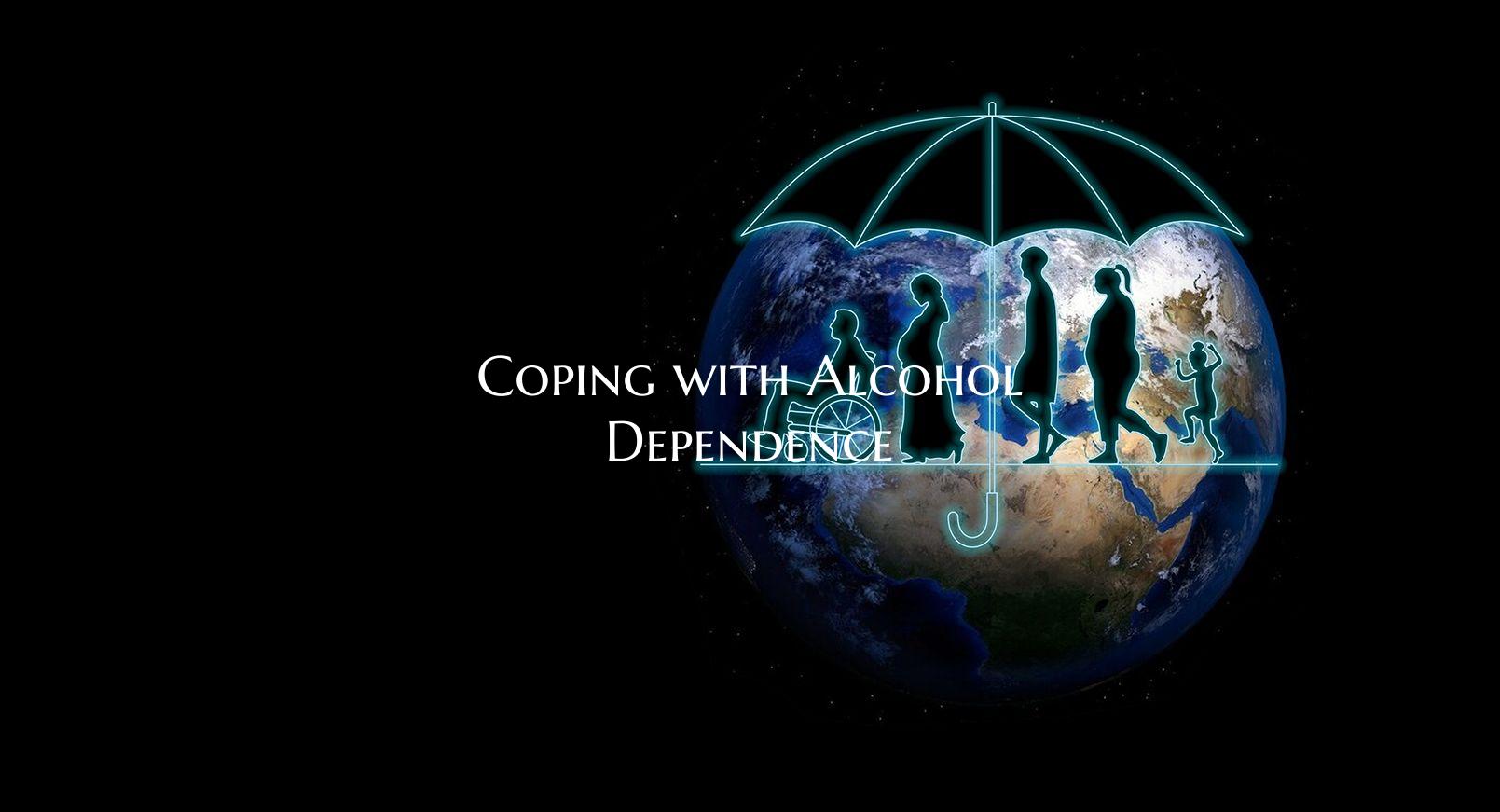
Coping with Alcohol Dependence
Coping with Alcohol Dependence
Alcohol dependence, also known as alcoholism, is a serious medical condition that can have detrimental effects on an individual's physical, mental, and emotional well-being. Coping with alcohol dependence requires a multi-faceted approach that addresses various aspects of the problem. Here are some strategies to help cope with alcohol dependence:
1. Acknowledge the Problem: The first step in coping with alcohol dependence is acknowledging the problem. It is essential to recognize that alcohol has become a negative force in your life and that you need help to overcome it.
2. Seek Professional Help: Seeking professional help is crucial in coping with alcohol dependence. A healthcare provider or addiction specialist can provide you with the necessary support and resources to overcome your addiction.
3. Develop a Support System: Building a strong support system is essential in coping with alcohol dependence. Surround yourself with friends, family members, or support groups who can offer encouragement, guidance, and understanding during your recovery journey.
4. Explore Treatment Options: There are various treatment options available for individuals coping with alcohol dependence, including counseling, therapy, medication, and rehabilitation programs. Explore these options to find the best approach that suits your needs.
5. Practice Self-Care: Taking care of yourself is vital when coping with alcohol dependence. Engage in activities that promote physical and emotional well-being, such as exercise, meditation, hobbies, or spending time in nature.
6. Set Realistic Goals: Setting realistic goals is essential in coping with alcohol dependence. Break down your recovery journey into achievable steps and celebrate small victories along the way.
7. Avoid Triggers: Identify and avoid triggers that lead to alcohol consumption. This may include social settings where alcohol is present, stress-inducing situations, or individuals who enable your drinking habit.
8. Stay Committed to Recovery: Recovery from alcohol dependence is a lifelong journey that requires commitment and dedication. Stay focused on your goal of sobriety and remain persistent, even in the face of challenges.
9. Celebrate Progress: Recognize and celebrate your progress in coping with alcohol dependence. Each day sober is a significant achievement that deserves acknowledgment and praise.
10. Be Patient with Yourself: Recovery from alcohol dependence is a process that takes time and effort. Be patient with yourself, practice self-compassion, and allow yourself to make mistakes along the way.
In conclusion, coping with alcohol dependence is a challenging but achievable goal with the right support, resources, and strategies in place. By acknowledging the problem, seeking help, developing a support system, exploring treatment options, practicing self-care, setting realistic goals, avoiding triggers, staying committed to recovery, celebrating progress, and being patient with yourself, you can overcome alcohol dependence and lead a healthy, fulfilling life.